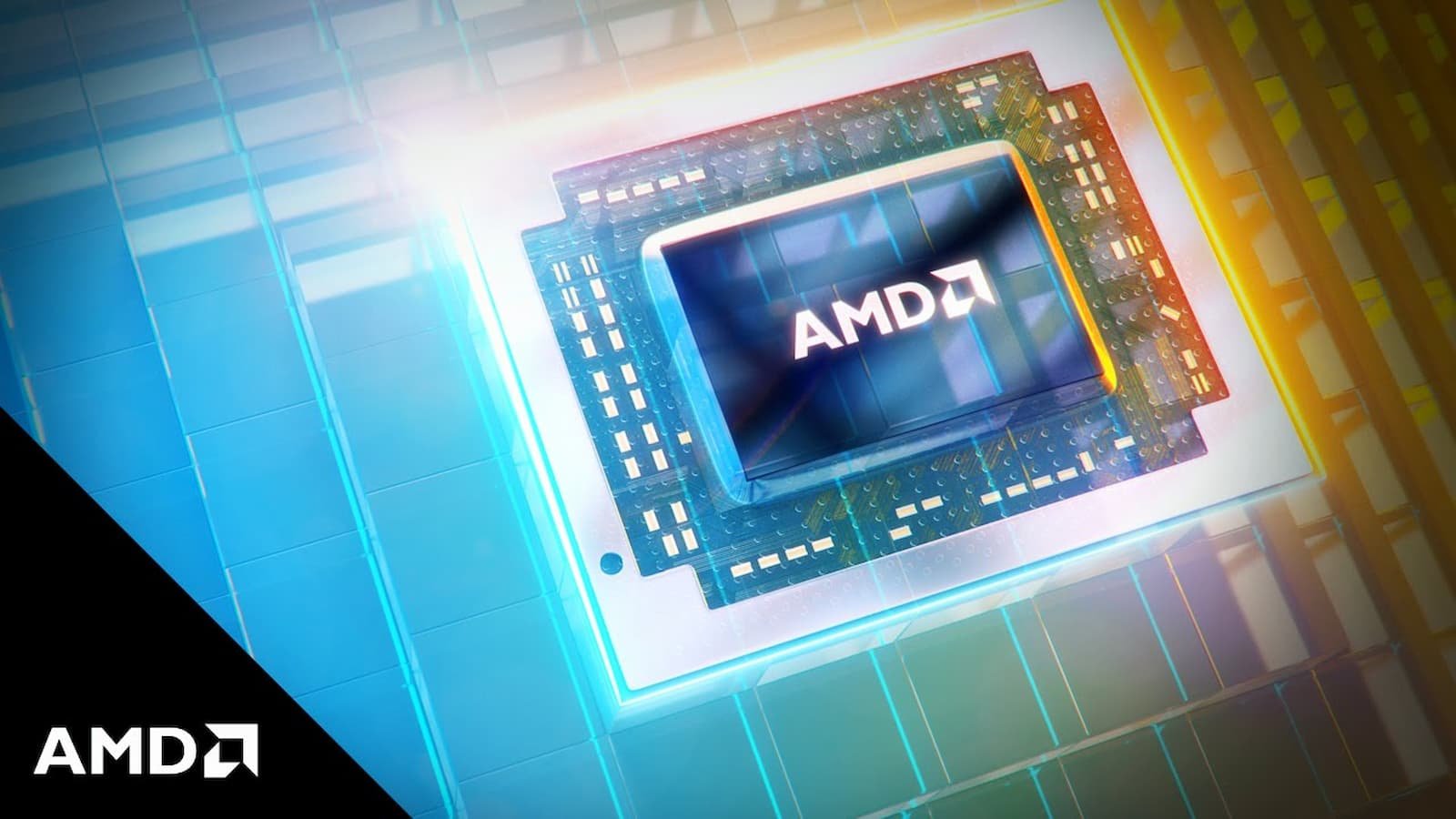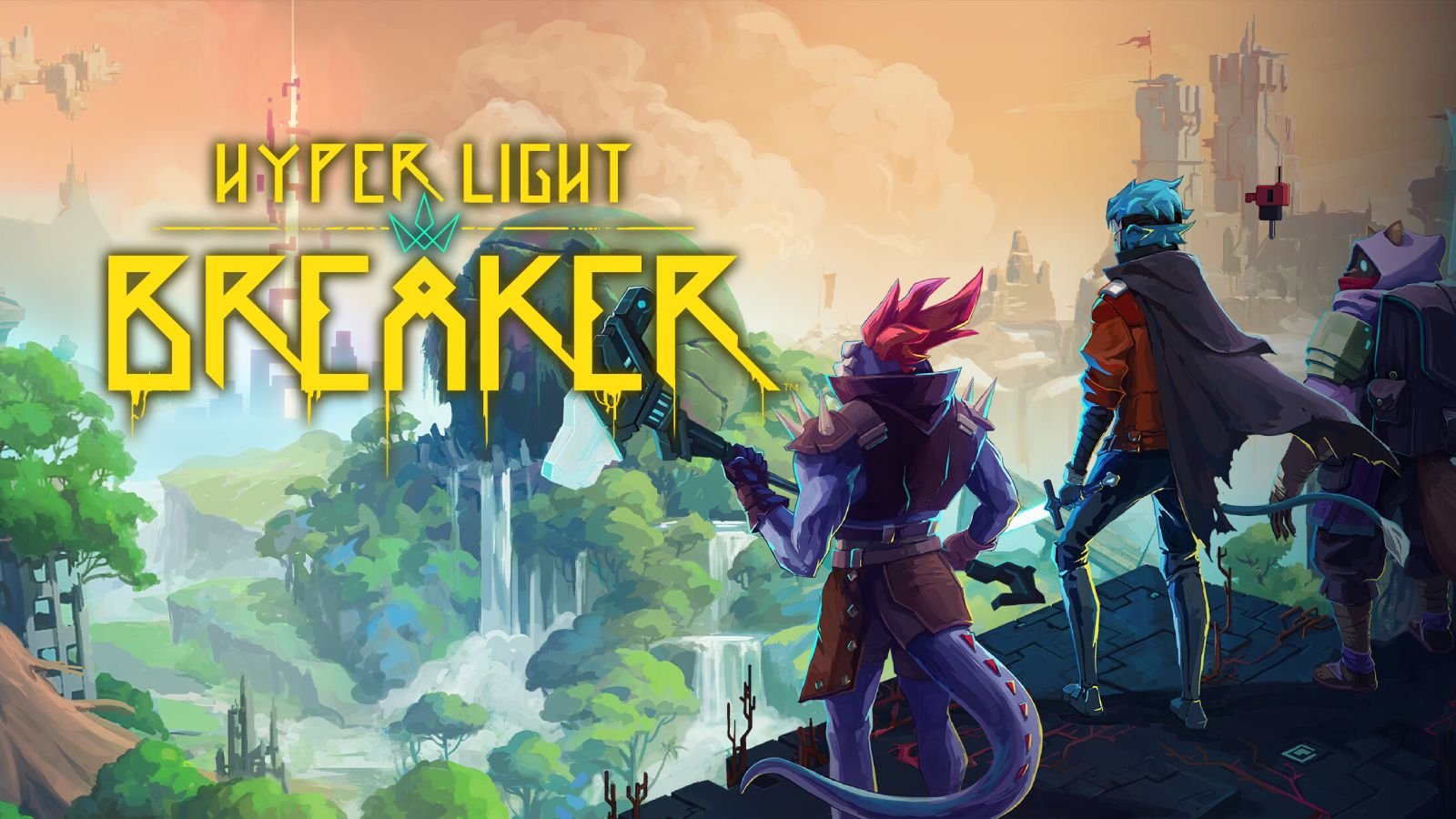Sony recently launched its PS5 rental program in the UK, and I was honestly surprised by how negative the response from the games community has been. I was reminded about one moment, in my daily dallying, when I stumbled upon a post on Reddit with a recycled take about video game prices. In so many words:
“The price of a video game is too large an investment for an entertainment product you may or may not enjoy. A movie ticket costs $8.”
“I don’t know if I’ll like a thing until I try the thing” is hardly earth-shattering, but the simple statement resonated because it sums up why I don’t buy triple-A games anymore. Or, rather, it reflects my reality where a $500 gaming console has become economically unjustifiable, downright irresponsible.
Video game consoles have only been officially distributed in Indonesia for the past two generations. Before that… well, they simply weren’t. Owning a personal console was a luxury reserved for the wealthy, who acquired their machines through the black market, paying inflated prices to importers and smugglers. And yet, you can spend hours with the average Indonesian millennial gamer reminiscing about how transformative Resident Evil 4’s leap into “true 3D” was for the series, recounting the thrill of All Ghillied Up in Modern Warfare, or analyzing the anti-militarism (and also military romanticism) of Kojima’s Metal Gear Solid series. But here’s the catch—most of that generation never actually owned a console. So how did they become so deeply embedded in global gaming culture?
I asked this once to a close friend, Sandy, whose entire youth was spent in Indonesia playing the same video games I’d played growing up in the states. He was introduced to gaming when his father, a heavy equipment operator who spent 10 months of every year working construction overseas, returned on leave from a job in the Middle East with a NES under his arm. They didn’t have a TV at the time, but after some begging, my friend convinced his uncle to get him an old color screen, purchased at a deep discount from a rich older neighbor with an unused spare. My friend recounted his first experience with Super Mario Bros., how he was so enamored with the moving pixels and bright colors that he hadn’t realized his entire block had quietly gathered in his living room, dozens of kids watching in awed silence as he bopped goombas and leaped over pitfalls.
But Sandy was privileged, even if he played in the tin-roofed living room of his small home, which was perpetually unfinished because they could never put together the funds to complete it. For a year, he was the only kid with his own console. After that, there was another, One (pronounced oh-neh), the son of an upper middle-class shop owner. One had a Sega Mega Drive that he kept secret from the kids at school, save Sandy, the only other person for miles around with first-hand experience of what it felt to own a console. When the neighbor kids caught wind, he told them his grandmother had gotten angry at him and taken the console away. In reality, he’d stashed the Mega Drive at Sandy’s house, where the two could play Golden Axe and Streets of Rage in peace.
Sandy wouldn’t own another console until the PlayStation 2, but he never stopped gaming. Even during the Revolution he played on.
When it happened, I was in St. Paul, sulking every time my parents changed the TV channel to watch updates from home. They were anxious for family back in Indonesia but also for us in America. My father was in a PhD program funded by a government that was falling apart on live television.
At school, my fourth-grade math teacher asked what I thought about it all. I told him I didn’t know. To be honest, I didn’t care.
Sandy lived through the Revolution, and he still played games. He wasn’t alone. Every day, a rotating group of friends would gather to play with him deep into the evening. None of them owned a console—those were a luxury for the rich—but sometimes the rich shared their toys. Families with the means to buy a console rented them out by the hour (for sports games like Winning Eleven, every two matches). Game centers and rental shops opened all over Indonesia, and that’s where young millennials were introduced the medium. These places stocked home consoles and TVs by the dozen, arranging them in U-shaped layouts in small, crowded rooms. Barefoot and cross-legged on the floor, kids huddled over controllers, laughing, arguing, strategizing, and theory-crafting as they played the latest games from Europe, the US, and Japan.
With the high cost of customs, a single game disc could cost almost as much as the console itself, so these businesses relied on mod chips and bootlegs to serve the demands of their underage clientele. The fact that Indonesia has a games industry and can engage at all in the global games discourse is thanks to literal thieves, pirates, and hackers. Eventually game centers became so popular that kids would skip school to play them, prompting community patrols and impromptu spot checks and crackdowns.
The kids gambled, too, on their own gaming skills or on the results of matchups between their peers. This led to adhoc competitions on-site, with center regulars taking part in tournaments they organized themselves, the prize pool a pot put together from their allowances and lunch money. Eventually, the game centers themselves started organizing them, producing high-quality posters and marketing the events across the city. Players would come in from all over town, informal representatives of their local game centers, so some pride was at stake. It was localized esports, grassroots, competitive, and all for fun.
Video games have long been blamed for truancy and poor grades, but their association with introversion and asocial behavior is a relatively recent phenomenon in Indonesia. Game centers were hubs for gaming communities, making gaming in Indonesia a deeply social activity long before online multiplayer became the norm. Due to the country’s slow internet adoption and infrastructure challenges, this social nature of gaming persisted for years. Even now, as mobile gaming has overtaken consoles, the most popular games are designed around social interaction. Traditional game centers have become niche—after all, who needs them when you have a console in your pocket? Instead, they’ve evolved into cafes and coffee shops where day workers, food couriers, and students gather to smoke, drink coffee, and play Mobile Legends, PUBG, or Free Fire.
That’s why I can’t oppose Sony’s PS5 rental program—or the broader concept of hardware as a service. Home consoles are increasingly becoming an unaffordable luxury, and any model that makes gaming more accessible is a step in the right direction. When even gamers in a wealthy country like Japan are embracing the program, it signals a deeper problem with how we price and distribute gaming hardware. By the time the next console generation comes around, even fewer people will have the disposable income to afford one—but let’s be honest, most of the world never could.











